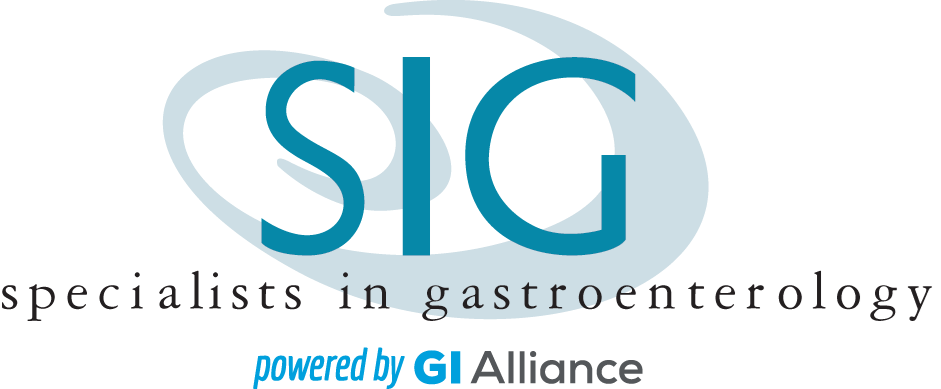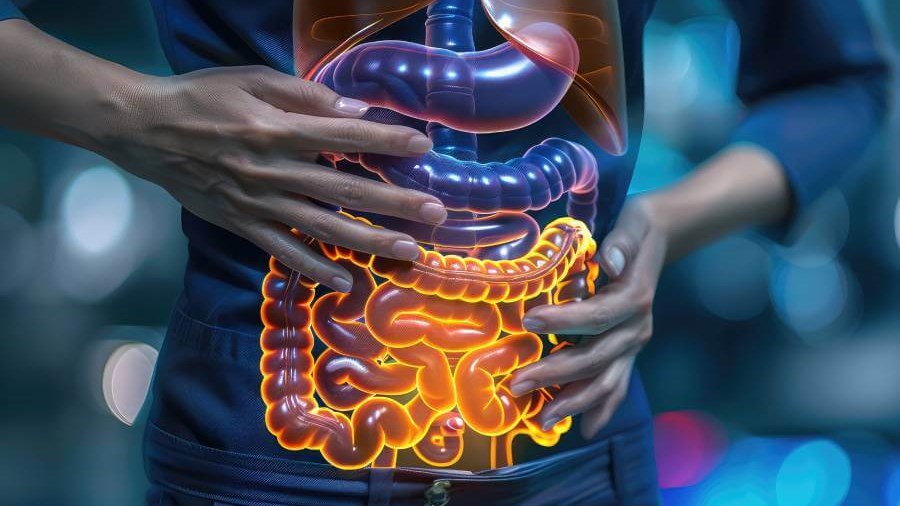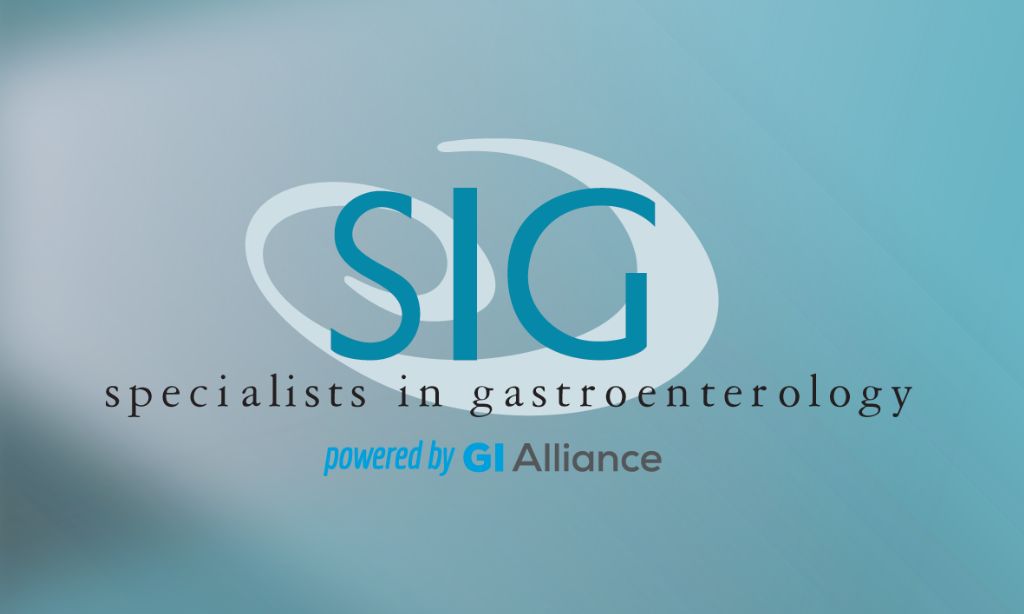Low-Dose Naltrexone in Gastroenterology: A Bonafide ‘Wonder Drug’
By Dr. Leonard Weinstock, gastroenterologist
From flatulence and belches to sporadic and potentially embarrassing bowel movements, gastroenterologists hear it all. We understand the frustration of all symptoms attributed to the gastrointestinal tract, and it is indeed why we set out to specialize in the field of gastroenterology.
Our specialty often involves addressing chronic, progressive, inflammatory diseases of the gastrointestinal tract. As a specialist, I want sustained remission, controlled inflammation, and to prevent the complications associated with these long-term conditions. Over the last decade, the introduction of a diverse range of new drugs with various mechanisms of action has revolutionized the management of these diseases, each offering different benefits and potential side effects.
However, despite the advancements, many patients find themselves only partially improved after using monoclonal antibodies, immunosuppressants, and steroids. This reality changed for me 20 years ago when a compounding pharmacist introduced Low-Dose Naltrexone (LDN) as a safe anti-inflammatory agent. After seeing remarkable improvements in a patient – almost immediately and then two decades later – with Inflammatory Bowel Disease (IBD) shortly after starting LDN, I became a strong advocate for its use. My conviction in naltrexone’s efficacy was further solidified when it dramatically alleviated my wife’s severe pain and restless legs syndrome within just a week. This personal and clinical success with naltrexone inspires my continued research and practice in gastroenterology, exploring new and effective treatment pathways for my patients.
Using an Opioid Receptor for IBD
The opioid system’s role in IBD represents a groundbreaking yet relatively underexplored frontier in gastroenterology. Research increasingly indicates that the endogenous opioid system plays a significant part in gastrointestinal inflammation. Both animal and human studies have highlighted that the µ-opioid receptor (MOR) is often upregulated in individuals suffering from IBD, revealing that MOR agonists can significantly reduce inflammation by modulating the release of pro-inflammatory markers called cytokines.
This body of evidence has propelled the development of selective MOR agonists as promising therapeutic agents for IBD treatment. Naltrexone is an orally administered narcotic antagonist commonly recognized for its use in treating alcohol dependence, approved by both the European Medicines Agency (EMA) and the Food and Drug Administration (FDA).
In practice, low-dose naltrexone works by ‘tricking’ the body into producing endorphins, which are natural anti-inflammatory agents. This mechanism has proven remarkably cost-effective, with treatments averaging just one dollar per dose. I have witnessed the profound effects of LDN firsthand in clinical scenarios. For instance, a patient with psoriasis, who was on three different medications, who left his dermatologist, experienced significant improvement in psoriasis and refractory-IBS just 2-3 days after starting LDN. I’m therefore convinced that we should use and investigate this ‘wonder drug’ for autoimmune and inflammatory disorders such as Crohn’s disease, ulcerative colitis, and broader IBD spectrum disorders. Its ability to address the underlying inflammation effectively and affordably makes it a critical component of my unique approach to gastroenterology.
What the Research Says
Don’t just take my word for it; all that I advocate for has been proven time and again through thorough research. For instance, one piece of the broader investigative efforts I am involved in along with three other doctors – a notable study at Vanderbilt – focused on low-dose naltrexone (LDN) and its effectiveness in treating restless leg syndrome (RLS). We are currently developing a medical documentary titled “The Terrible Triad,” which explores the syndromes that constitute this triad. Our findings so far show that LDN regularly achieves 60 percent relief for patients suffering from these conditions.
The “Evil Triad” consists of mast cell activation syndrome (MCAS), postural orthostatic tachycardia syndrome (POTS), and Ehlers-Danlos syndrome (EDS), which often occur together. These conditions are exacerbated by a variety of chemicals released by mutated mast cells, which can cause sympathetic imbalance, leading to the rapid heartbeat and fainting seen in POTS, and the growth of tissues causing ligaments to lengthen, which characterizes EDS. Our research indicates that LDN can significantly reduce MCAS and its induced POTS while increasing endorphins which helps reduce joint pain and fatigue experienced by patients with EDS.
When looking at IBD such as Crohn’s disease and ulcerative colitis, clinical experience and studies have shown LDN to be effective in reducing symptoms, improving endoscopic findings, and decreasing the need for steroids. LDN works by modulating overactive T-cell lymphocytes and mast cells, which are key players in the inflammatory process associated with these diseases.
It Really Works
LDN should be used more in gastroenterology, especially considering its proven efficacy. While 400,000 prescriptions are written each year, it’s mostly internists, not gastroenterologists, who are prescribing it, and this likely stems from a lack of training in medical schools about LDN’s benefits and applications.
But let me be clear: LDN works. There’s absolutely no denying its effectiveness. The reluctance of some doctors, possibly influenced by pharmaceutical biases, doesn’t negate the positive outcomes we’re seeing in practice. Physician assistants, who often spend a lot of time with patients, are particularly enthusiastic about LDN due to the tangible benefits they observe. Just recently, I spoke with a woman being treated for Crohn’s disease with LDN, and she’s not just doing well—she’s thriving, experiencing fewer food cravings and even losing weight. It really is a wonder drug.
Beyond gastrointestinal issues, LDN is making remarkable strides in treating joint pain, inflammation, and even long COVID symptoms. Patients with these conditions seek me out, having heard about the success of LDN; once treated, they frequently report significant improvements. While some patients experience mild side effects such as vivid dreams, insomnia, or feeling aware, the transformative health benefits far outweigh these minor issues.
The real challenge, however, lies within the medical community itself. Many professionals dismiss what they weren’t taught in medical school, overlooking potential treatments that could address the root causes of illness. But change is on the horizon. I’ll be speaking about LDN on May 5th in Frisco, Texas, sharing insights and evidence of its efficacy.
As part of GI Alliance—the nation’s leading, patient-centric gastroenterology practice—we are committed to delivering high-quality care using advanced treatments and protocols. LDN is a prime example of how we’re innovating to provide the best outcomes for our patients, pushing the boundaries of traditional gastroenterology to include promising, effective treatments like low-dose naltrexone.
About Leonard Weinstock:
Dr. Weinstock cares for his patients at Specialists in Gastroenterology – an affiliate of GI Alliance – in St. Louis, Missouri. He was born in New York and moved to St. Louis nearly 30 years ago. He completed his fellowship at Wash U in St. Louis where he also serves as an associate professor of clinical medicine and surgery. Dr. Weinstock’s lectures and research on diseases of the esophagus, stomach, small intestine and colon have been presented at national and international conferences. He is married with twin daughters.


